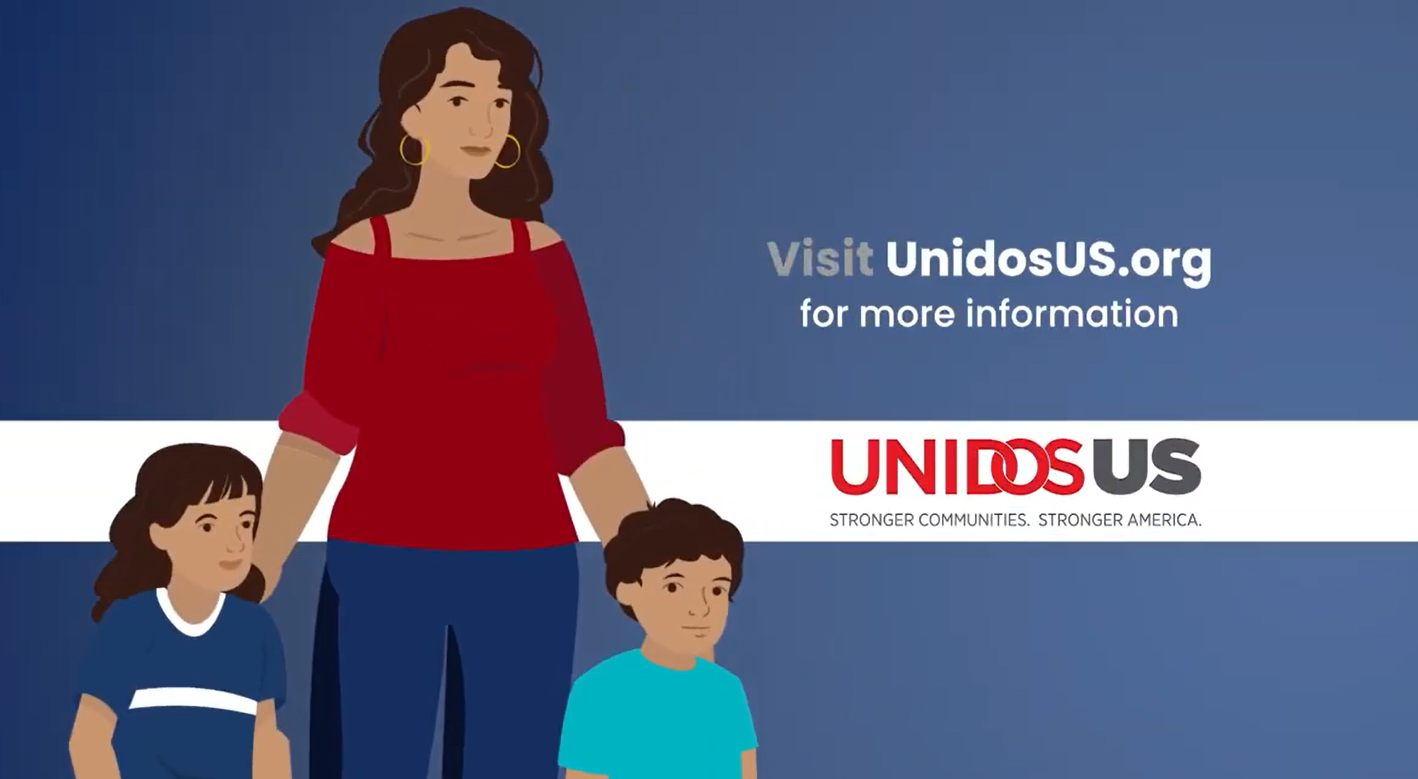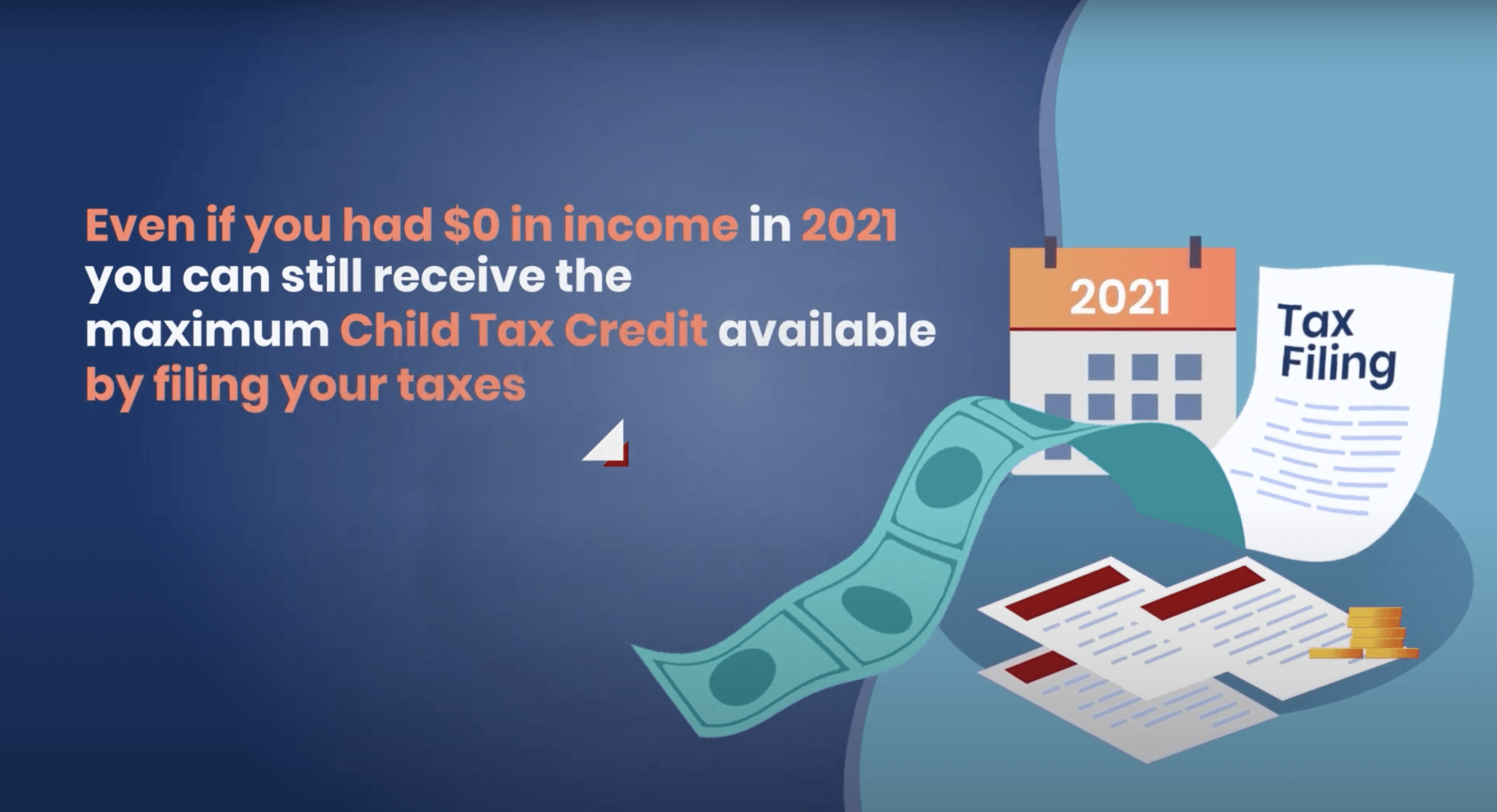What is an eligible dependent?
For the most part, an eligible dependent is a child that lives with you. Other eligibility requirements are:
- Relationship. The child must be your child, grandchild, stepchild, adopted child, younger sibling, stepsibling, half-sibling, or their descendent; or a foster child placed with you by a government agency.
- Taxpayer ID number. Children claimed for the CTC must have a valid SSN. Unfortunately, children with Individual Taxpayer Identification Numbers (ITIN) are not currently eligible to be claimed as dependent for families seeking to apply for this credit.
- Age. The child must be 17 or under on December 31, 2021.
- Support. The child does not provide more than half of their own support in 2021.
- Residency. The child must live with you in the United States for more than half the year. Time living together doesn’t have to be consecutive. Except for non-custodial parents that have presented a signed waiver form from the custodial patent
- Dependency. The child must be considered a dependent for tax filing purposes. Currently a child cannot be claimed by themselves.








